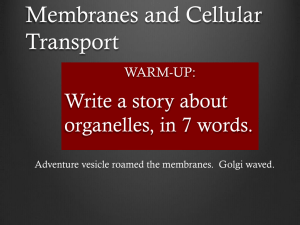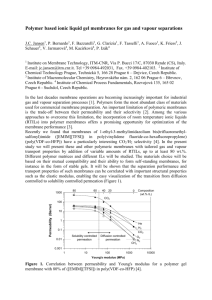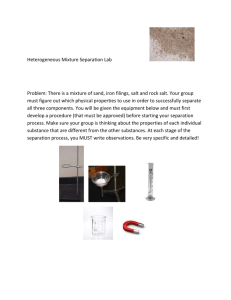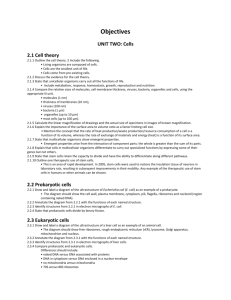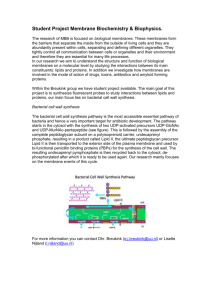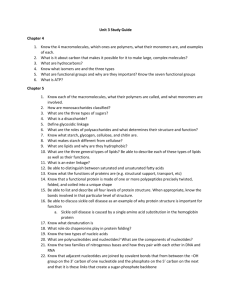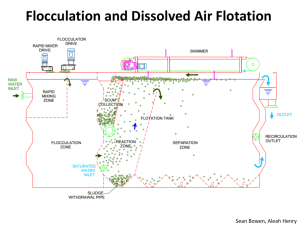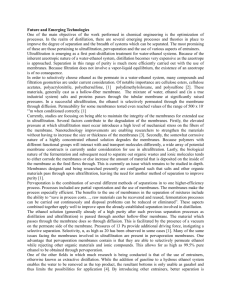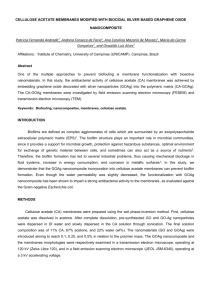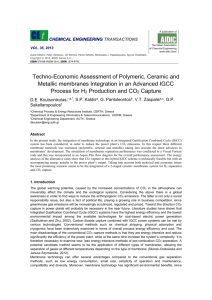CO2 capture from Natural and Flue gases using Polymeric
advertisement
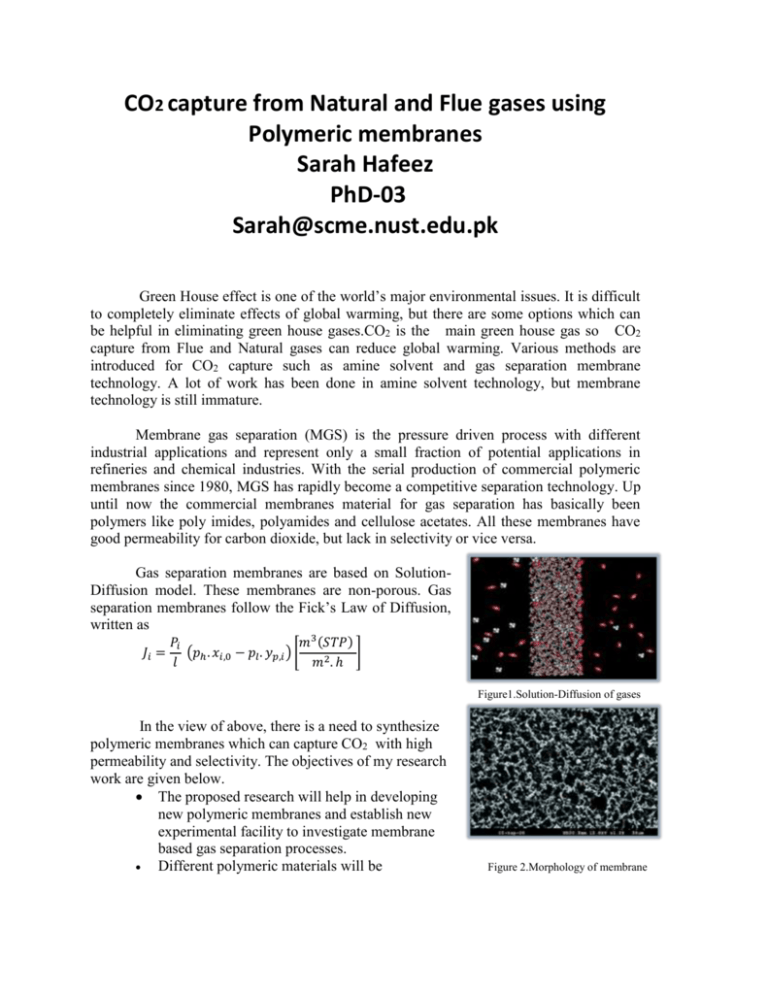
CO2 capture from Natural and Flue gases using Polymeric membranes Sarah Hafeez PhD-03 Sarah@scme.nust.edu.pk Green House effect is one of the world’s major environmental issues. It is difficult to completely eliminate effects of global warming, but there are some options which can be helpful in eliminating green house gases.CO2 is the main green house gas so CO2 capture from Flue and Natural gases can reduce global warming. Various methods are introduced for CO2 capture such as amine solvent and gas separation membrane technology. A lot of work has been done in amine solvent technology, but membrane technology is still immature. Membrane gas separation (MGS) is the pressure driven process with different industrial applications and represent only a small fraction of potential applications in refineries and chemical industries. With the serial production of commercial polymeric membranes since 1980, MGS has rapidly become a competitive separation technology. Up until now the commercial membranes material for gas separation has basically been polymers like poly imides, polyamides and cellulose acetates. All these membranes have good permeability for carbon dioxide, but lack in selectivity or vice versa. Gas separation membranes are based on SolutionDiffusion model. These membranes are non-porous. Gas separation membranes follow the Fick’s Law of Diffusion, written as 𝐽𝑖 = 𝑃𝑖 𝑚3 (𝑆𝑇𝑃) . 𝑥 − 𝑝 . 𝑦 [ ] (𝑝ℎ 𝑖,0 𝑙 𝑝,𝑖 ) 𝑙 𝑚2 . ℎ Figure1.Solution-Diffusion of gases In the view of above, there is a need to synthesize polymeric membranes which can capture CO2 with high permeability and selectivity. The objectives of my research work are given below. The proposed research will help in developing new polymeric membranes and establish new experimental facility to investigate membrane based gas separation processes. Different polymeric materials will be Figure 2.Morphology of membrane investigated to identify the suitable material / compositions / additives for gas separation membranes. Polymeric membranes for both; Post combustion (CO2 capture from flue gases) and Pre -combustion (CO2 capture from Natural gas) application would be developed. The successful completion of this work will persuade the process industry to employ membrane based CO2 capture technology to reduce the CO2 emissions. The ICI Pakistan has already shown its interest in the proposed research. The proposed research work and new experimental facility will help to train the students/researchers and impart the knowledge of membrane based gas separation process. SCME, NUST will have a dedicated experimental facility on membrane based gas separation. The success of this research project will not only provide an excellent research facility in this scientific area but also contribute in enhancement of fuel efficiency and prevention of global warming.
